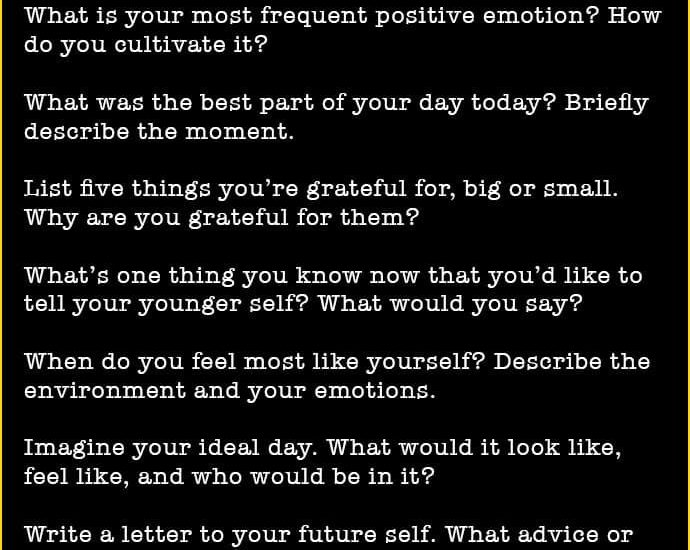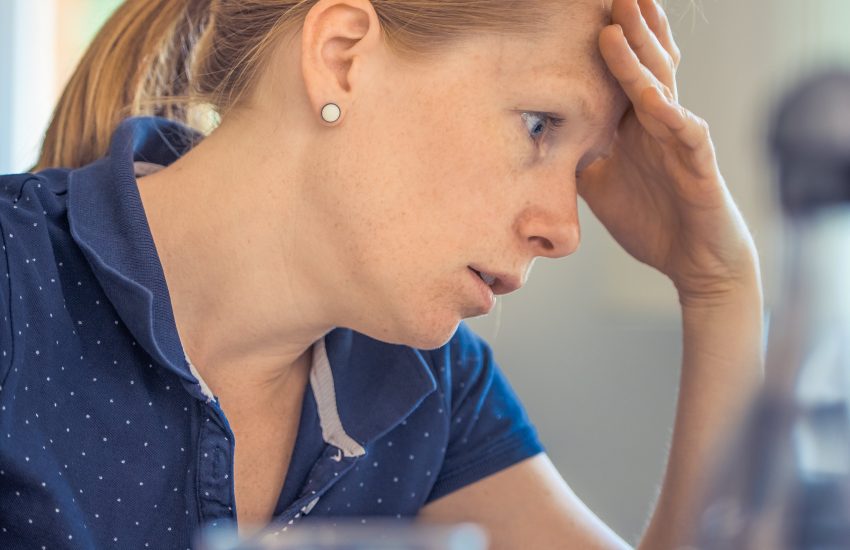Understanding Your Menstrual Cycle: A Complete Guide
As a woman, understanding your menstrual cycle is crucial for your overall health and well-being. Having a clear understanding of how your body works can help you recognize any irregularities and address them promptly. This comprehensive guide will walk you through the different phases of your menstrual cycle and how they impact your body.
Menstrual Phase
The first phase of your menstrual cycle is the menstrual phase, also known as your period. This phase typically lasts between 3 to 7 days and is marked by the shedding of the uterine lining. During this time, you may experience cramps, bloating, and mood swings. It’s important to listen to your body and practice self-care during this phase.
Follicular Phase
After your period ends, you enter the follicular phase. This phase is marked by the development of follicles in your ovaries in preparation for ovulation. Your estrogen levels begin to rise, leading to an increase in energy and overall well-being. This phase typically lasts between 7 to 21 days.
Ovulation
Ovulation is the most fertile phase of your menstrual cycle. During this time, an egg is released from one of your ovaries and travels down the fallopian tube. This is also the time when you are most likely to get pregnant. Ovulation usually occurs around the middle of your cycle, typically around day 14 for a 28-day cycle.
Luteal Phase
After ovulation, you enter the luteal phase of your menstrual cycle. This phase is marked by the release of progesterone, which helps prepare the uterine lining for a potential pregnancy. If pregnancy does not occur, progesterone levels drop, signaling the start of your period. The luteal phase typically lasts between 10 to 14 days.
Tracking Your Menstrual Cycle
There are several ways you can track your menstrual cycle, including using a calendar, mobile apps, or period tracking devices. By monitoring your cycle, you can identify any irregularities and seek medical advice if needed. This information is also valuable if you are trying to conceive or avoid pregnancy.
Conclusion
Understanding your menstrual cycle is an essential part of being a woman. By paying attention to the different phases of your cycle and how they affect your body, you can take control of your health and well-being. Remember to listen to your body, practice self-care, and seek medical advice if you notice any irregularities. Your menstrual cycle is a natural part of being a woman, and by understanding it, you can empower yourself to live a healthy and fulfilling life.


